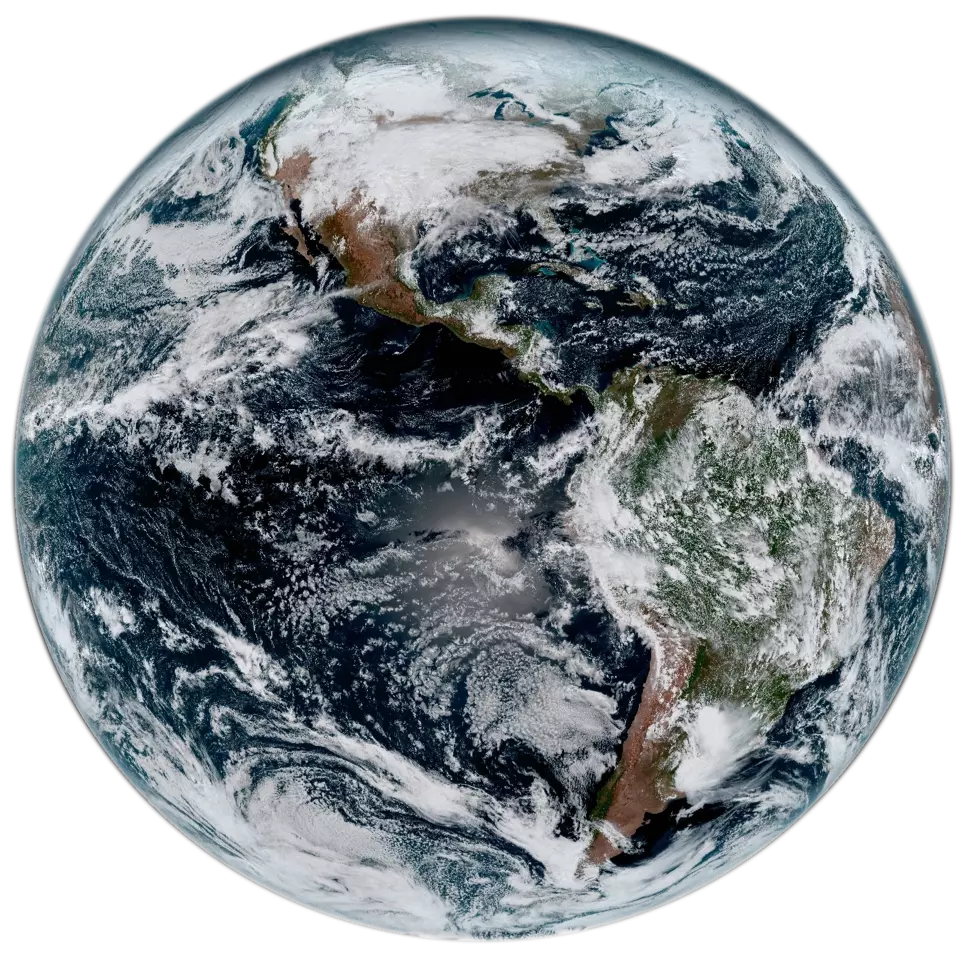Heartland All Species Project's
TRACY GARDEN
New fungal rich compost method can slow climate change
LET'S LOOK AT THE SCIENCE AND EXPAND OUR COMMON SENSE

Toward Reframing Climate Change
If you can master these videos you will have a good start on understanding soil science. Just understanding how the soil works is important for our survival. It can effect your yard work, gardening, food purchases, and your voting choices.
Speaking at Harvard, Walter Jehne
Hope to reset world climate balance, by climate and soil scientist. Very hopeful.
David C. Johnson
The science behind Johnson-Su compost inoculant by David C. Johnson. A way to create the soil carbon sponge Walter Jehne talks about to this Harvard audience.
Christine Jones
Christine Jones covers soil biology that, over time, insures the health of the soil we try to build beyond the Johnson-Su inoculation.
Dan Kittredge
Dan Kittredge, Healthy Soil, Healthy Food, Healthy People. Seems like a good introduction to Dan.
Nicole Masters
Nicole Masters wrote For The Love of Soil.
James White
James White from Rutgers University does exceptional work on the rizophagy cycle where plants pull microbes into the root hairs.
Rick and Liz Haney
Rick and Liz Haney - THIS IS THE VIDEO I MENTIONED AT 33 MINUTES IN.
Rick Haney and Dan Kittredge
Johnathan Lundgren
Ecdysis with Johnathan Lundgren ecdysis.bio and bluedasher.farm Great program to test and improve the ecology of 1000 farms. Well thought out program.
Gabe Brown
Last Gabe Brown rancher from North Dakota tells how he has improved his soils and made money by producing healthier food while sequestering carbon.
Find out more: Gabe Brown
In Simple Terms
What is a compost bioreactor and why is it one of the most important ways to address climate change?
Building a Johnson-Su Compost Bioreactor
Growing an inoculant to favor carbon sequestering fungi in the soil along with a great diversity of other organisms that aid plants and make spongy rich soil regenerating the water cycle.
How to build a Johnson-Su bioreactorSTATE OF EMERGENCY and You are Invited
Dear Fellow Citizen we (thousands or millions of us all over Earth) invite you to lay aside your differences and join us in acting to slow climate change and avoid our extinction. There are not enough of us yet to do the necessary work. Some say it’s too late but it isn’t. Many of us have faced our grief and are happier for it. Many of us have already died in the many floods, storms and heat waves.
You are invited to act whereever you are and in your own way with the talents you have. Work alone or in groups. Here in Kansas City a growing number of us are looking at a hopeful possibility laid out below. With the upcoming leaf season we are going to build hundreds of specially built Johnson-Su compost bioreactors to normalize our deficient soils to increase the fungi. Many fungi send miles of tiny tubes out through the soil to feed plant roots. These tubes are carbon (formally CO2 in the atmosphere) and they can form a soil carbon sponge that will hold a lot of water. Water is THE major greenhouse gas on this planet. Water’s relationship to Carbon and to the Soil is complicated but is laid out in the information below. Please join us. “This caravan has no despair” for we are working for each other.
Welcome and thanks for reading this far.
The Task
The task is to treat all the soil in Kansas City with Johnson-Su Compost. This treatment has been shown to increase the ratio of fungal to bacterial microbes in the soil. The fungi in the soil are made of carbon which is drawn out of the atmosphere by plants. The broken down fungi is sticky and holds soil particles together creating the soil carbon sponge. This spongy soil holds water prolonging the ability of plants to draw down even more carbon through photosynthesis. The added moisture also helps the soil play its original role interacting in the plants climate water cycle.
How can you help?
- You can sign up and commit to make a bioreactor.
- You can sign up as a group to do one or more bioreactors.
- You can lend your talents helping organize this huge task.
- You can help line up groups who will supply labor as needed.
- We need people who are willing to learn the process well enough to convey it to others.
- We need to purchase materials to make these reactors. Donations will help.
- Encourage your group to cosponsor this effort.
- You can help by watching the videos below.
- Reach out to us in the contact form below.
Why Tracy Garden?
Tracy Garden is a dream of regenerating a healthy, beautiful Earth for our grandchildren. All our city and suburban lots across the country make up a significant land area that, by careful soil practices, can be regenerated to help balance our global climate.
Inspiration
The more I learn about the microbes in the soil, in my gut and in plants, I see vast intelligence and cooperation at work keeping all life alive. Billions of life-sustaining interactions happen inside our bodies every moment. I’m not in charge—something very intelligent regulates all life. Tracy Garden is a place to begin working with that intelligence. Paying very close attention helps us notice synchronicities (as Carl Jung described) and learn to cooperate with nature instead of pushing her around.
Climate
Tracy Garden is our way of attempting to help reverse climate change. We won't do it alone, but by learning to grow food in harmony with nature rather than against it we can shift minds and hearts. Plants pump 30–50% of the sugars they make by photosynthesis into the soil; microbes return water, minerals and disease protection to the plants, and help store carbon in the soil, creating a soil carbon sponge that holds water and helps cool the planet.
Nutrition
The processes that renew nature also grow the healthiest, most nutritious plants. Many soil microbes make their way into plants, and when we eat those plants beneficial microbes support our gut health.
Neighborhood Community
In addition to partnering with nature, Tracy Garden promotes cooperative neighborhood communities. Microbes are already cooperating—many use quorum sensing to coordinate. Microbes and plants cooperating can inspire human neighbors to work together to solve social problems while we become better neighbors with all of nature.
Future
Cooperation in nature inspires us to seek a quorum with our fellow humans to perfect cooperation with ourselves and nature. I have five grandchildren—this motivates me to act and to help others to act.
Education
What we learn at Tracy Garden is passed to gardeners, volunteers and visitors. We also teach others to make Johnson-Su composters to rebalance fungal/bacterial ratios and promote the soil benefits described above.
How Can You Help
There are four aspects to our work:
- Work in Tracy Garden applying regenerative soil methods.
- Keep up with research and advances in soil regeneration.
- Create and update events like our play "Microbes Always and Everywhere."
- Work with groups to create Johnson-Su composters to rebalance fungi:bacteria balance.
Help
There is just not enough time to do all we want to do. You can volunteer to help in Tracy Garden and learn by doing, help build or organize a group to build a Johnson-Su composter, or donate to Heartland All Species Project so we can hire an intern and expand our work.
Donate via the link above or through our donation options on this site: How You Can Donate.
Reach out to us
Fill out the form to get help building a Johnson-Su bioreactor. We have already built 23!
Donate
Please donate what you can to help us with this giant project to sequester carbon and restore a healthy water cycle which will slow dangerous climate change.
Heartland All Species Project has successfully pulled off large events in the past. Check some of them out here!
Since 1987 Heartland All Species Project is a 501-c-3 not for profit in the state of Missouri. You can make donations through PayPal, Zelle, Venmo, or mail a check or money order to
Heartland All Species Project
5644 Charlotte
Kansas City MO 64110
816-400-2277
Become a Gardener at Tracy Garden
Let his know if you would like to become a gardener at Tracy Garden. We are putting so much energy into our effort to slow climate change that ordinary garden tasks are needing attention. We use a number of climate friendly processes that you will learn.
Interested? Let us know.
Events
If you would like to be contacted when we do a biochar burn on short notice let us know and we’ll try to contact you.
What Is No-till Gardening?
Natural No Till gardening is organic or chemical-free gardening. The soil is not tilled between harvest and planting save for some raking. The soil is either kept covered with mulch or compost, or it is planted in a cover crop to keep carbon fixed in the living soil. No till gardening attempts to reestablish and sustain a healthy, well balanced soil ecology. When living soil is exposed to air and sun by tilling, the carbon in the soil’s organic material is metabolized by bacteria resulting in carbon dioxide which escapes into the atmosphere. Reduction of CO2 emissions is a natural consequence of organic no-till gardening.
We have an online organic no-till garden calendar where you can watch videos for each seasonal task.
More information at organotil.org
How to Make Biochar
Contact
Please email martyk@allspecies.org for more information.
